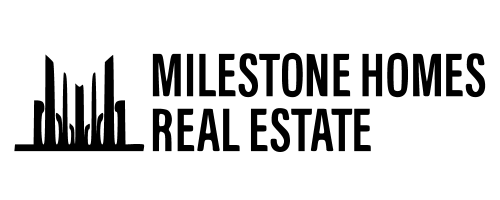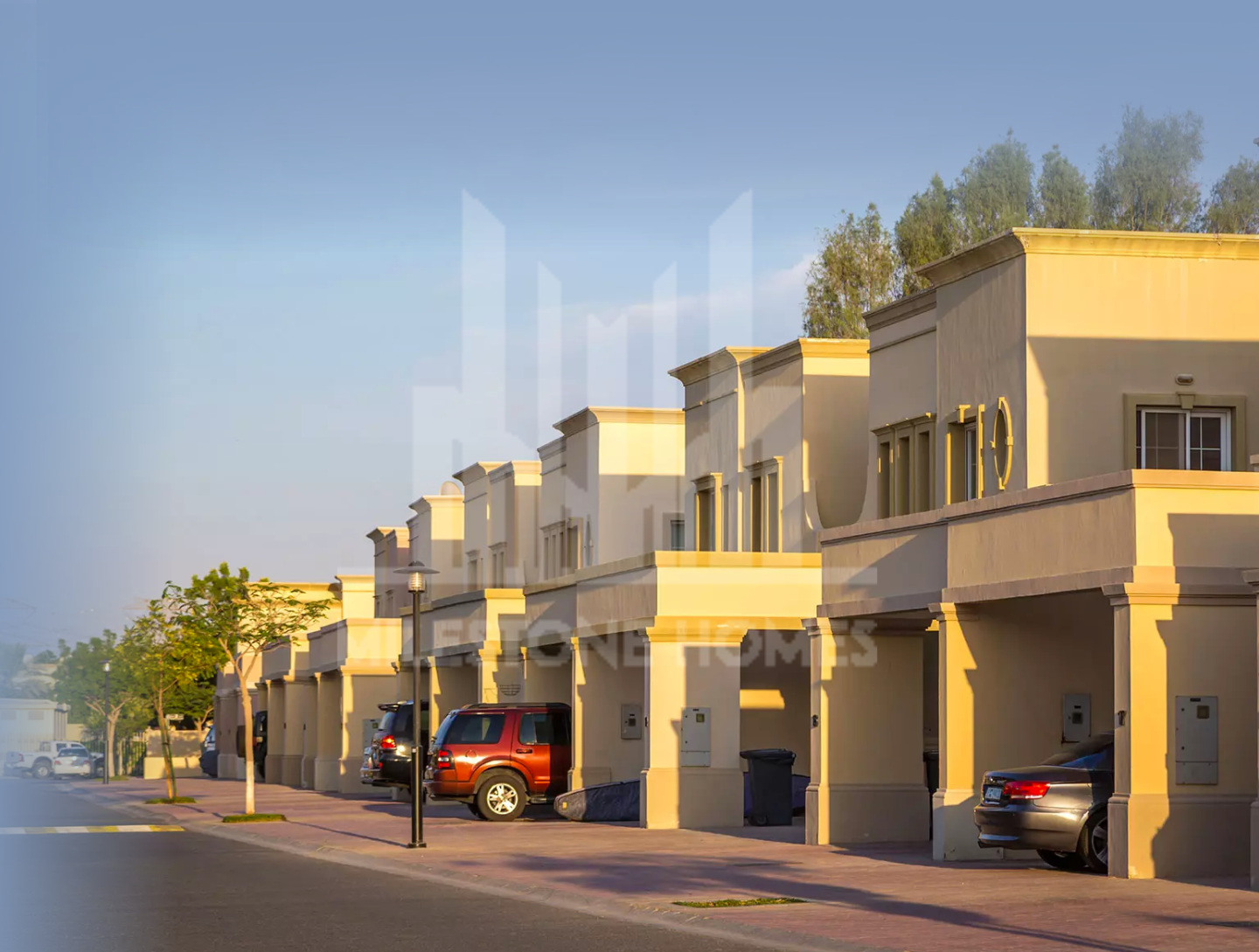Dubai’s real estate market is dynamic and highly attractive, known for its iconic developments, innovative designs, and investment opportunities. Known for its favorable tax policies and absence of personal income tax, it’s an attractive destination for foreign and local investors. However, the legal process of buying a property in Dubai is quite difficult to handle.
What is the step-by-step process for buying a property in Dubai?
- Step 1: Research and Planning
Define Your Budget: Understand the finances involved, including down payment, loan eligibility, and additional costs associated with purchasing the property.
Choose Property Type: After the finances are figured out, decide on your preferred location, and the property type( Villas, Apartments, Townhouses).
- Step 2: Engage a Real Estate Agent
Consult a registered real estate agent to help you find suitable properties. Contact Milestone Homes for a property specialist consultant.
- Step 3: Property Search and Viewing
Visit potential properties to find the one that suits your preferences and assess the condition and layout. Ensure there are no disputes on the property. Verify the property ownership, legal status, and any outstanding debts or liabilities.
- Step 4: Make An Offer
Once you’ve found a suitable property, negotiate the purchase price with the seller or the agent.
- Step 5: Sign a Sale Agreement (Form F)
Once you decide on a property, sign a Memorandum of Understanding (MOU). This document outlines the terms and conditions of the sale, including the purchase price, payment terms, and completion date. Both buyer and seller must sign it.
- Step 6: Arrange Financing (if applicable)
If you require a mortgage, secure pre-approval from a UAE bank before finalizing the deal. The bank will conduct a valuation of the property before approving the loan.
- Step 7: Pay the Deposit
Pay a standard deposit (Downpayment varies from 10% to 20% of the property price + 4% DLD). This is held by the seller or their agent until completion.
- Step 8: No Objection Certificate (NOC)
The seller applies for an NOC from the developer. This ensures there are no outstanding service charges or issues with the property.
- Step 9: Transfer Ownership
DLD Registration: Both parties visit the DLD (Dubai Land Department) Office to finalize the transaction and register the property ownership. Submit required documents, including passports, the signed MOU, NOC, and proof of payment. Pay the legal fees: includes registration fees, transfer fees and agent commission
- Step 10: Registration
The new title deed is issued in the buyer’s name. You need to pay administrative fees for issuing the title deed.
- Step 11: Handover
After the sale is registered, collect keys and access documents from the seller.
Additional Costs to Consider:
- Real Estate Agent Fee: Typically 2% of the property price.
- DLD Transfer Fee: 4% of the property value.
- Mortgage Registration Fee: 0.25% of the mortgage value (if applicable).
- NOC Fee: Ranges from AED 500 to AED 5,000.
- Service Charges: Annual charges for property maintenance.
Freehold and Leasehold Property in Dubai: The legal information
Freehold properties provide full ownership of the property, including the land, with no time limits. It is available to UAE nationals, GCC nationals, and expatriates. However, foreigners can only purchase freehold properties in certain designated areas.
In contrast, For leasehold properties ownership is limited to a specific lease period, typically between 10 and 99 years. At the end of the lease, the ownership reverts to the original landowner.
Comparison of Leasehold and Freehold Properties
| Aspect | Leasehold | Freehold |
| Ownership | The lessee has the right to use and occupy the property but does not own the land or structure outright. | The buyer owns the property and the land it is built on. |
| Eligibility | Available in all areas but predominantly in non-designated zones. | Restricted to designated freehold zones (e.g., Dubai Marina, Palm Jumeirah). |
| Buyer Eligibility | Both UAE nationals and expatriates can enter into leasehold agreements. | Available to UAE nationals, GCC nationals, and expatriates. |
| Duration | Fixed term (usually between 10 and 99 years). | Indefinite (perpetual ownership). |
| Control Over Property | Limited control; significant changes may require the landlord’s consent. | Full control over the property, subject to local laws. |
| Transferability | Lease rights can be sold or transferred during the lease period, subject to landlord approval. | The property can be sold, leased, or inherited without restrictions. |
| Maintenance Responsibility | Typically lies with the landlord, though some agreements may place certain obligations on the tenant. | Fully borne by the property owner. |
| Cost | Generally lower initial costs compared to freehold properties. | Higher initial costs due to full ownership. |
| Ownership Renewal | Requires negotiation or renewal at the end of the lease term. | Not applicable, as ownership is permanent. |
| Legal Framework | Governed by lease agreements and tenancy laws. | Governed by freehold property laws under the Dubai Land Department (DLD). |
| Investment Potential | Limited long-term appreciation since ownership is temporary. | Offers higher appreciation potential and flexibility for resale. |
Documents Required to Purchase a Property in Dubai
When purchasing property in Dubai, both buyers and sellers are required to provide specific documents to complete the transaction.
For Buyers
- Personal Identification:
- UAE Residents:
- Emirates ID
- Passport copy
- Visa copy (if applicable)
- Non-Residents:
- Passport copy
- UAE Residents:
- Financial Documents:
- Proof of funds (bank statements, letters of credit, etc.)
- A pre-approval letter from a bank (if obtaining a mortgage)
- Power of Attorney (if applicable):
- If a representative is acting on behalf of the buyer, a notarized and attested Power of Attorney is required.
For Sellers:
- Property Ownership Documents:
- Original Title Deed
- Sale and Purchase Agreement (if selling an off-plan property)
- Personal Identification:
- UAE Residents:
- Emirates ID
- Passport copy
- Visa copy (if applicable)
- Non-Residents:
- Passport copy
- UAE Residents:
- No Objection Certificate (NOC):
- Obtained from the property developer to ensure no outstanding service fees or liabilities are attached to the property.
- Power of Attorney (if applicable):
- If a representative is handling the sale, a notarized and attested Power of Attorney is required.
In conclusion, purchasing property in Dubai is a straightforward yet detail-oriented process that requires careful planning. A clear understanding of legal requirements and ownership types such as freehold and leasehold is necessary. Being a prime location with tax benefits, and world-class infrastructure, Dubai’s real estate market continues to be the most preferred destination for investors and residents alike. By ensuring all required documents are in place and seeking professional guidance from the agents, buyers can navigate the process easily.




